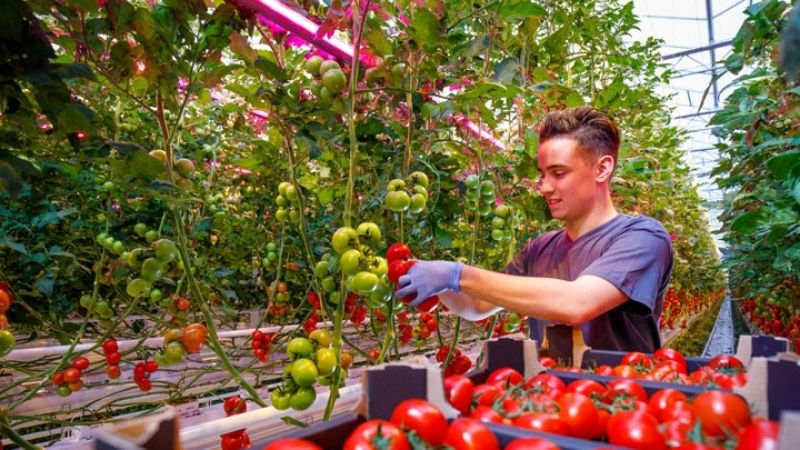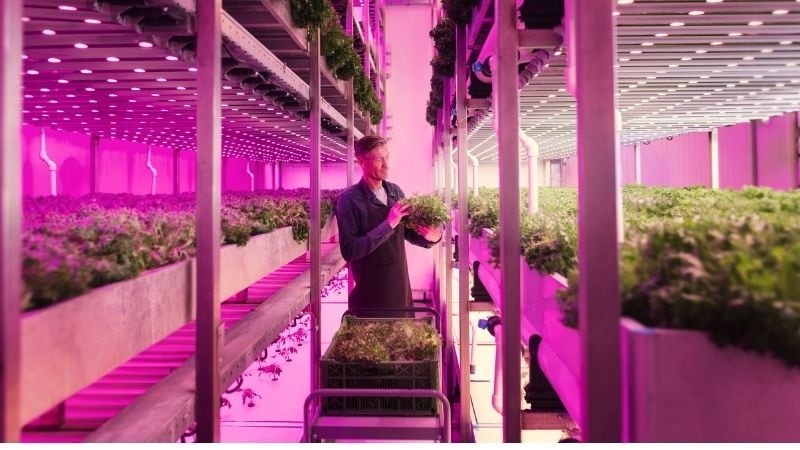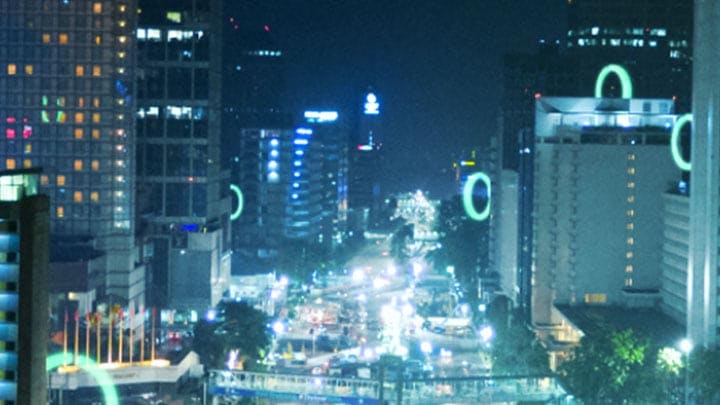October 9, 2020
The global population is growing faster than our food supply; innovation in lighting is part of the solution
At Signify, sustainability is core to everything we do. Our business and consumer customers expect to work with companies that make a positive contribution. Operating sustainably is not at odds with our growth, but is our guiding direction and competitive advantage.
With this in mind, we have identified five strategic areas where we will grow our business while furthering our contribution to create brighter lives and a better world. These five growth areas are defined based on the major trends facing society and on the United Nations Sustainable Development Goals. We’ve already written about Climate Action and Circularity. In this feature, we explore the topic of food availability.
Our appetites have changed, too. Consumers are demanding food that’s better in quality, fresher and healthier. And that’s not the only consideration. It’s likely that many of our foods have racked up air miles on the way to our plate, contributing to a less-than-healthy carbon footprint.
As a global society, we have an immediate challenge to meet our demand for produce while protecting our climate, water and other environmental resources.

The food industry today bears little resemblance to the picture-book farms we recall from our childhood. For better or worse, farming has changed and evolved over the decades and this new reality exposes us to the devastating risk of food scarcity.
Instead, we must continue to innovate and embrace technologies that help us to produce more and better food with fewer resources, with the smallest possible environmental impact.
What if every harvest followed the best possible summer? Farmers, already stretched to produce more with a shrinking proportion of arable land, are bringing crops indoors, where their surroundings can be automatically controlled.
With light recipes from Signify, farmers can replicate the optimal light patterns for each crop, creating higher yields of the best quality.
And in with the right technology, water resources can be reduced by up 90% and without the need for chemical pesticides. That’s a win for both food productivity and the environment!

It’s not just plants that benefit from optimal lighting. The growth in our fish consumption has eclipsed that of all meat from land-based animals combined. With farmed fish overtaking wild fishing as the world’s main source of seafood, it’s essential that our fish farming is clean, sustainable, and effective.
By submerging lights deep underwater, fish can be kept in optimal, summer-like conditions. This helps them to grow better without the need for excess food that can pollute the surrounding water. The fish are kept safely away from the surface where they could otherwise be exposed to damaging sea lice infestations.
The urgent issues of population growth and climate change are going to change the way food is produced, transported and optimally used. It’s only through embracing innovation that we’ll be able to keep up with the demand.
By continually working towards solutions that increase food production and reduce wastage, we will help our customers – both literally and figuratively – reap the rewards.
Signify (Euronext: LIGHT) is the world leader in lighting for professionals, consumers and the Internet of Things. Our Philips products, Interact systems and data-enabled services, deliver business value and transform life in homes, buildings and public spaces. In 2023, we had sales of EUR 6.7 billion, approximately 32,000 employees and a presence in over 70 countries. We unlock the extraordinary potential of light for brighter lives and a better world. We have been in the Dow Jones Sustainability World Index since our IPO for seven consecutive years and have achieved the EcoVadis Platinum rating for four consecutive years, placing Signify in the top one percent of companies assessed. News from Signify can be found in the Newsroom, on X, LinkedIn and Instagram. Information for investors is located on the Investor Relations page.
